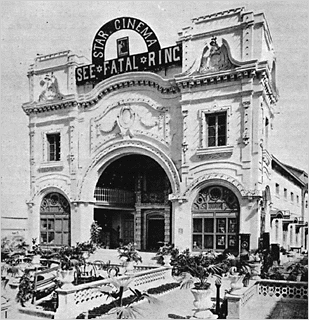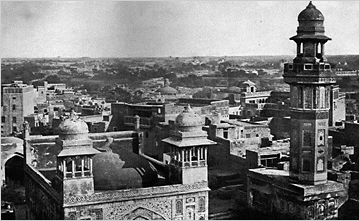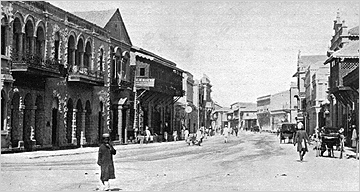India Pakistan History
Timeline leading to Partition
1858
The India Act: power transferred to British Government.
1905
First Partition of Bengal for administrative purposes. Gives the Muslims a majority in that state.
1906
All India Muslim League founded to promote Muslim political interests.
1909
Revocation of Partition of Bengal. Creates anti-British and anti-Hindu sentiments among Muslims as they lose their majority in East Bengal.

1919
Montagu-Chelmsford Reforms (implemented in 1921). Communal representation institutionalized for the first time as reserved legislative seats are allocated for significant minorities.
1930
Dr. Allama Iqbal, a poet-politician, calls for a separate homeland for the Muslims at the Allahabad session of the Muslim League.
1931
Irwin-Gandhi Pact, which concedes to Gandhi's demands at the Round Table conferences and further isolates Muslim League from the Congress and the British.
1940
Jinnah calls for establishment of Pakistan in an independent and partitioned India.

1942-43
Muslim League gains more power: ministries formed in Sind, Bengal and North-West Frontier Province and greater influence in the Punjab.
1944
Gandhi released from prison. Unsuccessful Gandhi-Jinnah talks, but Muslims see this as an acknowledgment that Jinnah represents all Indian Muslims.
1946
Muslim League participates in Interim Government that is set up according to the Cabinet Mission Plan.

1947
Announcement of Lord Mountbatten's plan for partition of India, 3 June. Partition of India and Pakistan, 15 August. Radcliffe Award of boundaries of the nations, 16 August.